Slider Crank Mechanism
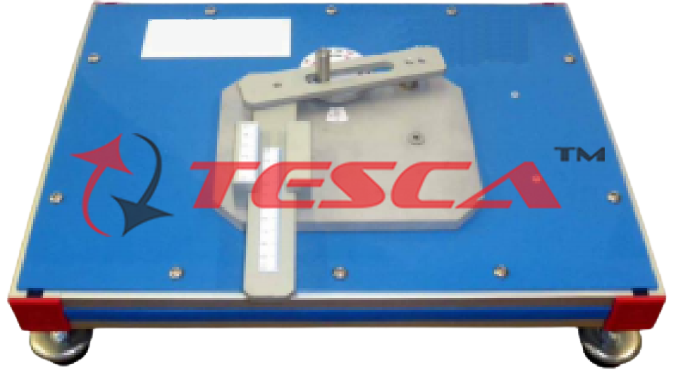
Order Code: 32205
Category: Strength of Materials Lab
Features Tesca Slider Crank Mechanism is a quick-return mechanism. This mechanism is a combination of an inversion of the slider-crank chain and slider block. The unit is assembled in an anodized aluminum profile structure, with steel...
SPECIFICATION
Features
Tesca Slider Crank Mechanism is a quick-return mechanism. This mechanism is a combination of an inversion of the slider-crank chain and slider block.
The unit is assembled in an anodized aluminum profile structure, with steel painted panel.
The mechanism able to transform circular movement into reciprocating movement. It is made of aluminum and consists of a rotary element (graduated disk), called crank, connected to a rigid bar, called connecting rod. When rotating the crank, the connecting rod moves back and forward. The rotation motion of a crank or crankshaft causes a rectilinear reciprocating motion of a piston or plunger.
It is a reversible system through which the connecting rod can be displaced by turning the crank and the other way round. If the connecting rod generates the input motion (as a piston in a car's engine does), the crank is obliged to rotate.
This unit is supplied with the following manuals: Required services, Assembly and Installation, Starting-up, Security, Maintenance and Practices manual.
Experiments
Demonstration of the action of a simple crank and slotted link mechanism.
Graphic determination of the relationship between the linear displacement of the sliding block and the angular displacement of the input crank.
More advanced exercises may include the determination of the velocity and acceleration of the slider block by graphical differentiation and comparison with the values obtained by velocity and acceleration diagrams.
Dimensions & Weight
Dimensions: 400 x 300 x 100 mm. approx. (15.75 x 11.81 x 3.94 inches approx.).
Weight: 3 Kg. approx. (6.6 pounds approx.).
Operating Conditions
Operating environment:
* Laboratory
Storage temperature range:
* –25oC to +55oC (when packed for transport)
Operating temperature range:
* +5oC to +40oC
Operating relative humidity range:
* 80% at temperatures < 31oC decreasing linearly to 50% at 40oC


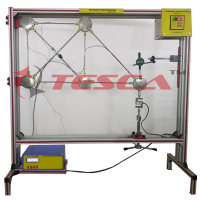
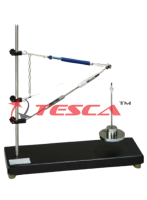
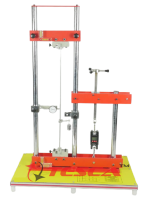
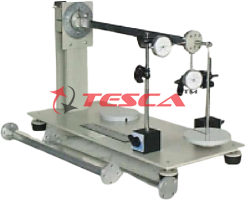


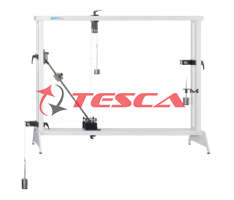
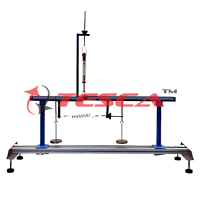

 91-9829132777
91-9829132777